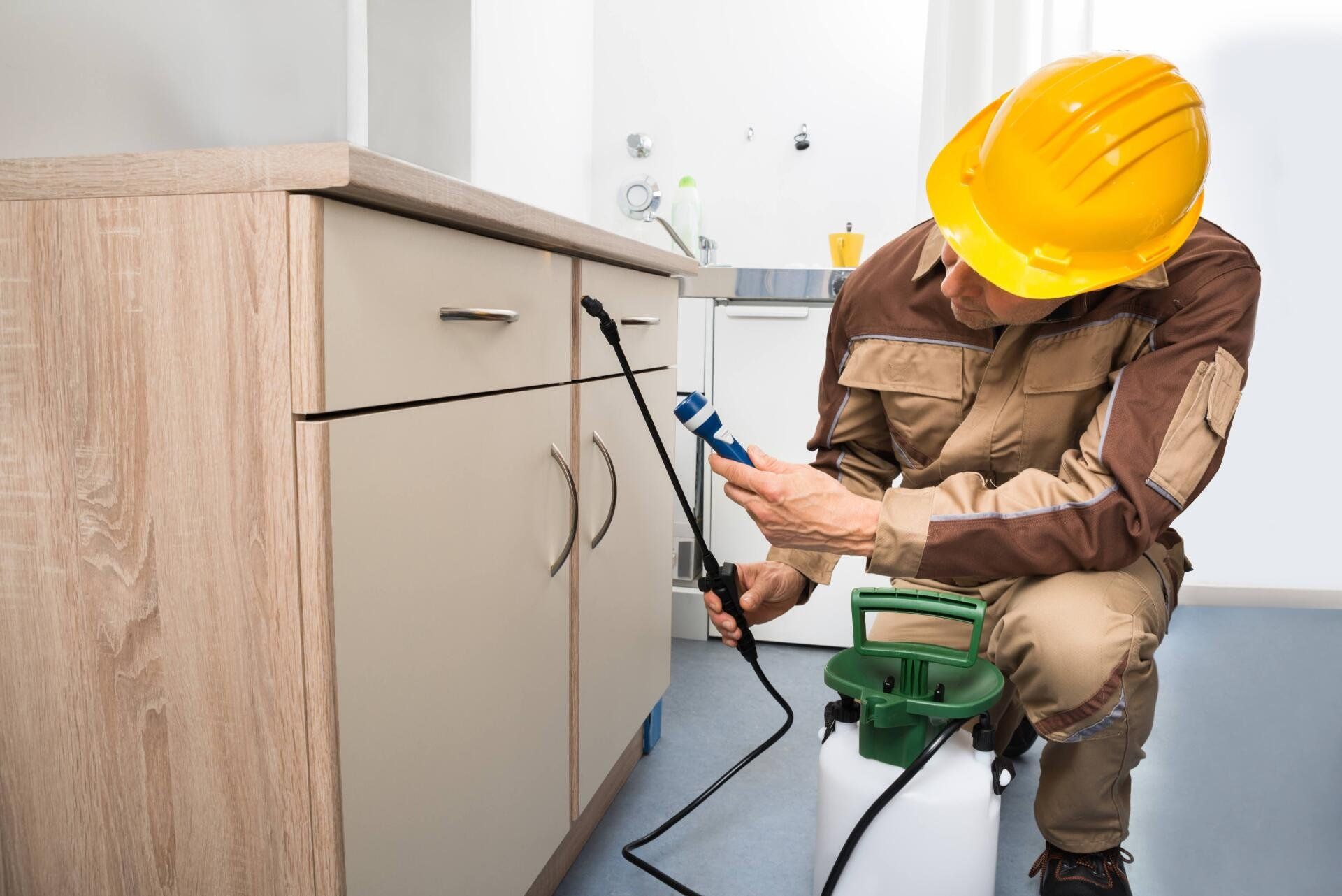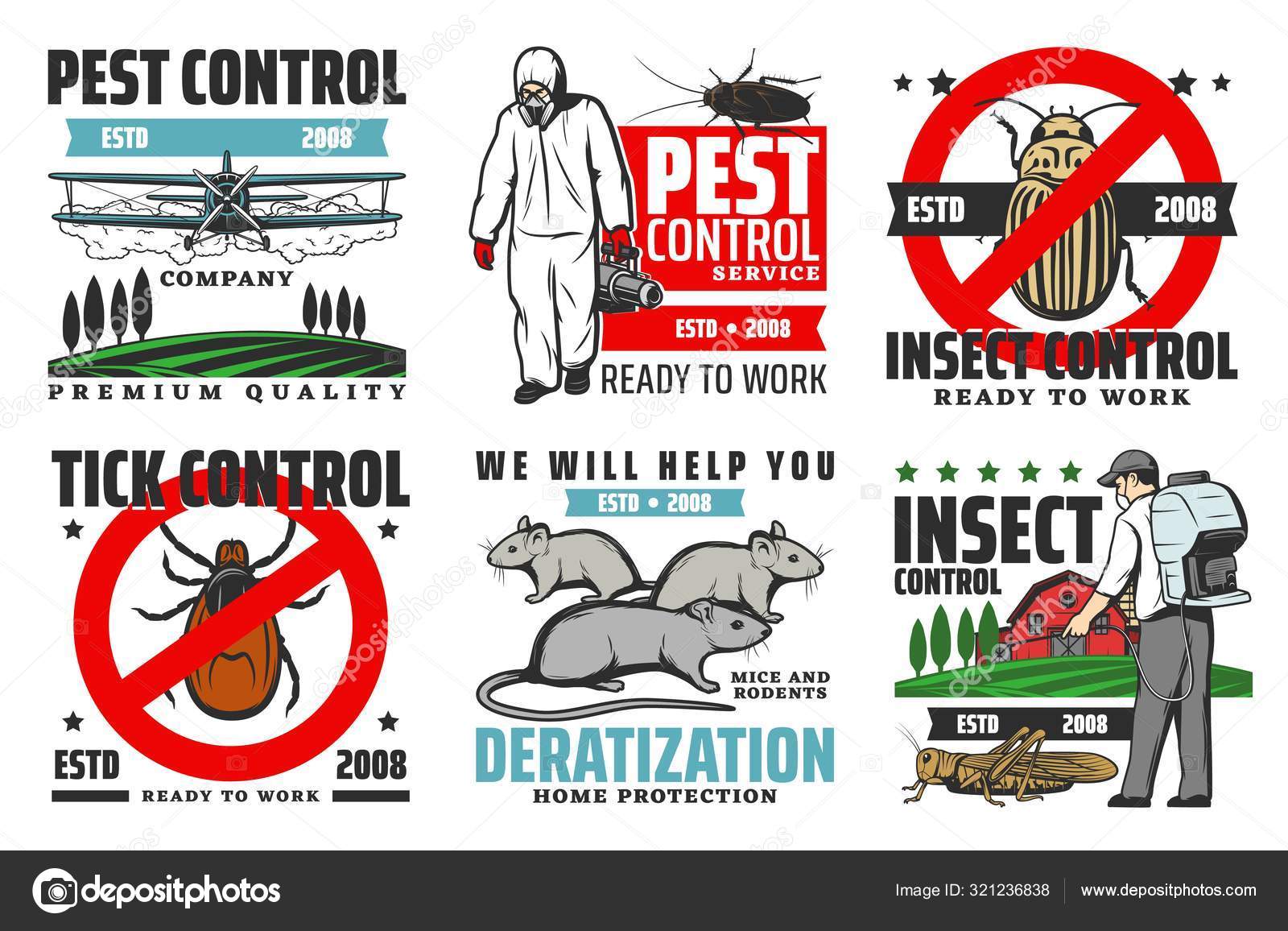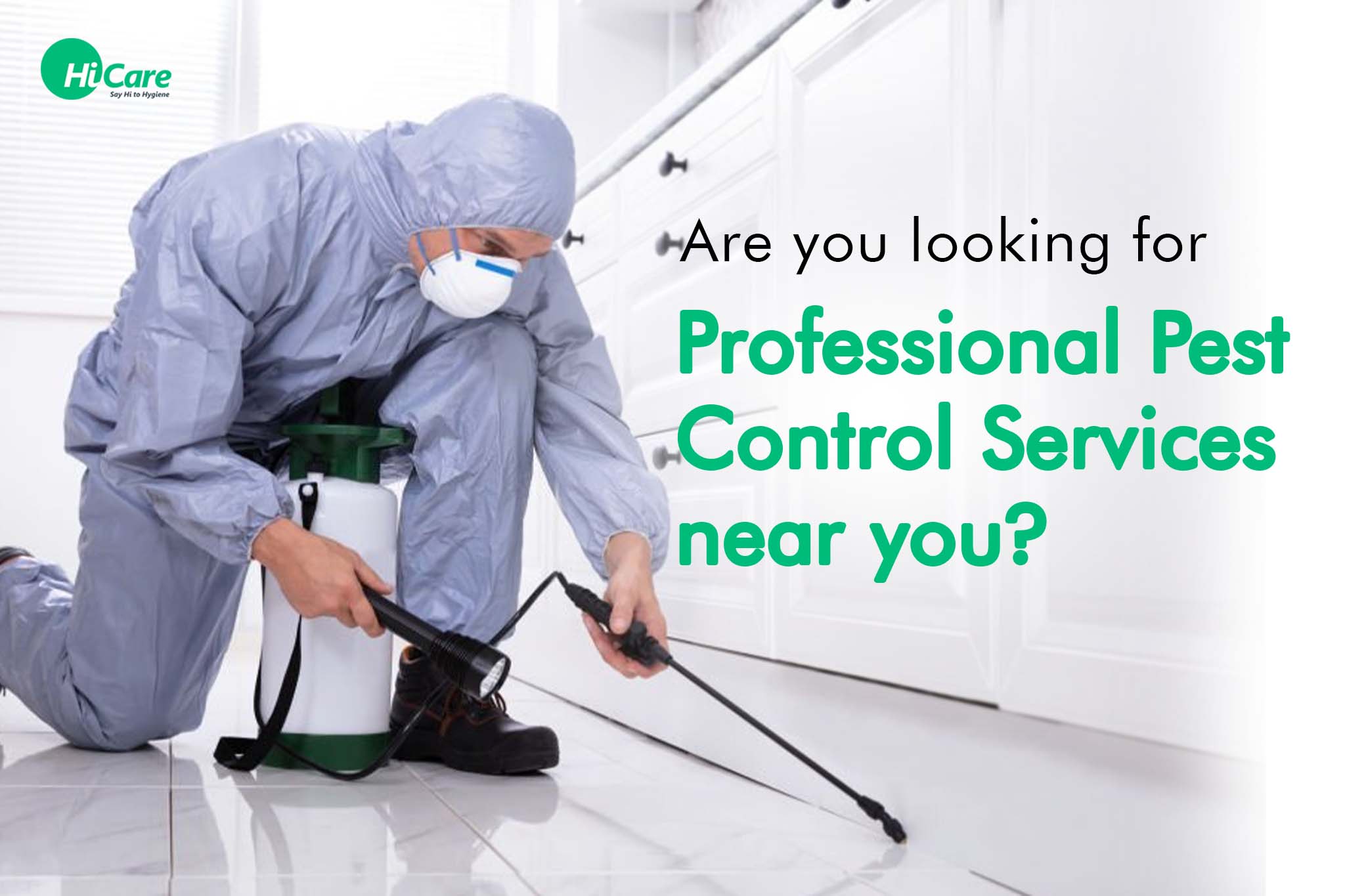Pest Control Clovis Solutions: Specialist Provider at Your Front door
Pest Control Clovis Solutions: Specialist Provider at Your Front door
Blog Article
Understanding the Different Approaches to Parasite Control: A Comprehensive Guide

Natural Bug Control Approaches
Using eco-friendly techniques such as companion planting and biological insect control is vital for properly taking care of parasites in farming settings. Companion growing entails growing different plants in closeness to hinder pests, improve nutrient uptake, and boost total crop health. As an example, growing marigolds together with tomatoes can assist ward off nematodes. Similarly, intercropping maize with beans can interfere with the breeding patterns of pests like corn borers.
Organic parasite control includes introducing natural killers or virus to manage pest populations. Ladybugs, as an example, feed on aphids, controlling their numbers without the need for chemical pesticides. One more instance is making use of Bacillus thuringiensis (Bt), a bacterium that targets details insect parasites while being safe to people, animals, and useful insects.
These eco-friendly techniques not only decrease the reliance on artificial pesticides however also assist preserve biodiversity and dirt health. By including natural bug control methods into farming practices, farmers can accomplish lasting insect monitoring while reducing adverse influence on the setting.

Chemical Parasite Control Solutions
Along with natural bug control methods, the usage of chemical bug control solutions plays a significant duty in properly managing pest populations in agricultural atmospheres. Chemical bug control remedies are created to target specific insects that may trigger considerable damage to crops. These services usually contain synthetic chemicals that are made to get rid of parasites promptly and successfully.
Among the essential advantages of chemical bug control services is their efficiency in controlling bug invasions on a large range. Farmers can use these services using numerous techniques such as spraying, airing out, or seed therapy to secure their plants from harmful pests, weeds, and diseases. Furthermore, chemical parasite control solutions are relatively easy to apply and can give quick results, helping farmers guard their yields and reduce financial losses.
Nonetheless, it is vital to make use of chemical insect control solutions carefully to reduce possible negative influences on the environment, non-target microorganisms, and human health. Correct application methods, adherence to safety and security guidelines, and routine monitoring are important to ensure the accountable use chemical bug control solutions in farming methods.
Organic Insect Control Approaches
Organic parasite control approaches take advantage of all-natural killers or pathogens to handle parasite populaces in farming settings effectively. This method uses a green and lasting solution to pest administration, lowering the dependence on synthetic sites chemicals and reducing damage to the atmosphere. One usual organic control strategy is the introduction of natural opponents, such as ladybugs or parasitical wasps, to target details parasites. These killers feed on the pests, helping to control their populations naturally - pest control clovis.
One more organic control approach entails using pathogens like viruses, fungi, or bacteria to contaminate and eliminate insects. These microbial agents can be splashed on crops or presented into the soil to battle various pests without damaging valuable pests or other wildlife. Furthermore, using pheromones to interfere with the breeding patterns of parasites is one more reliable organic control method. By disrupting their reproduction, this technique aids to reduce bug populations without the requirement for chemical treatment. Overall, organic bug control approaches supply a sustainable and targeted remedy to pest administration in agriculture.
Integrated Insect Administration (IPM)
Integrated Pest Administration (IPM) is a detailed strategy that combines different parasite control strategies to properly manage and reduce pest populaces in farming systems. IPM concentrates on long-lasting avoidance of pests with a mix of organic, cultural, physical, and chemical control methods. By integrating these various approaches, IPM aims to decrease reliance on chemical pesticides, lessen ecological influence, and advertise lasting pest management practices.
One trick aspect of IPM is using biological controls such as natural predators, parasites, and pathogens to regulate insect populations. This technique takes advantage of the power of nature to maintain a balance between pests and their all-natural adversaries without creating injury to the environment.
Additionally, IPM involves social techniques like crop habitat, rotation, and sanitation control to produce unfavorable conditions for parasites and interrupt their life cycles. Physical controls such as barriers, composts, and catches are also utilized to stop parasite invasions.
Mechanical and Physical Insect Control Techniques
Utilizing non-chemical approaches, such as physical and mechanical insect control techniques, is a vital element of comprehensive bug administration strategies, building on the structure of Integrated Bug Management's all natural method. Mechanical parasite these details control involves using physical obstacles or traps to stop pests from accessing and damaging plants or structures. This technique can consist of strategies like setting up displays on home windows, using row covers in farming, or employing sticky catches to catch pests.
Physical insect control approaches, on the other hand, concentrate on straight eliminating bugs through physical ways. For example, using warmth treatments to get rid of bed bugs or vacuuming up bugs like ants or spiders can be efficient means to manage invasions without using chemicals. By integrating these mechanical and physical bug control strategies into an Integrated Insect Administration strategy, people and professionals can decrease reliance on chemicals while still properly managing pest populations and lessening damage.
Conclusion

In enhancement to natural insect control methods, the application of chemical bug control options plays a considerable duty in properly taking care of pest populaces in agricultural settings.One of the vital advantages of chemical pest control options is their efficiency in regulating bug problems on a big range.Integrated Insect Monitoring (IPM) is a comprehensive technique that integrates various parasite control strategies to effectively manage and reduce pest populations in farming systems.Using non-chemical methods, such as mechanical and physical parasite control methods, is an essential aspect of thorough insect administration approaches, constructing upon the foundation of Integrated Parasite Monitoring's all natural technique. By including these mechanical and physical insect control strategies right into an Integrated Parasite Management plan, specialists and people can lower reliance on pesticides while still efficiently reducing and handling pest populaces damages.
Report this page